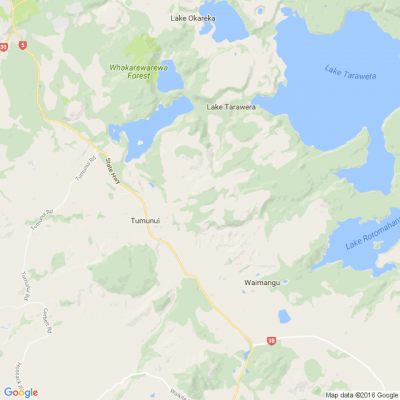
Know what’s happening
Access the private noticeboard for verified neighbours near you. Keep informed about any suspicious activity, send urgent updates to your neighbours when required and discuss emergency planning.
Get to know your neighbours
Browse the directory and start getting to know your neighbours. Don’t want to post to the whole neighbourhood? Send a private message.
Buy, sell and give away
Want to declutter your garage? Buy some used household items? Give away some garden stuff? Become a verified neighbour to browse and post items for sale. Trading is simple when everyone lives nearby.

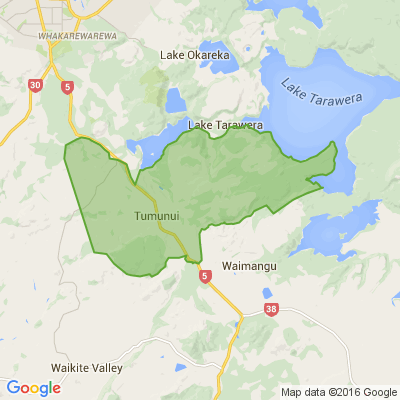
Got a job going in your company or in your backyard?
Share it on Neighbourly to find someone local.

Thank you for using Neighbourly
You may receive an email confirmation for any offer you selected. The associated companies will contact you directly to activate your requests.
All most everyone in the world has heard of the game of chess, but what not everyone knows is that there is an entire day dedicated to the celebration of this wonderful pastime!
A game of strategy and wits, chess has long been considered to be the thinking game. From its early days in India to … View moreAll most everyone in the world has heard of the game of chess, but what not everyone knows is that there is an entire day dedicated to the celebration of this wonderful pastime!
A game of strategy and wits, chess has long been considered to be the thinking game. From its early days in India to everywhere in the world today, chess is a wonderful game to play anytime, anywhere and with almost anyone.

Robert Anderson from Curtain Clean Rotorua
If your child is a real movie lover, then here are some Movie Magic activities to keep them busy over the school holidays.
Think outside the box (excuse the pun!), and create some real movie magic in your own home. Here are a few indoor ideas to get you started.
At home movie theatre … View moreIf your child is a real movie lover, then here are some Movie Magic activities to keep them busy over the school holidays.
Think outside the box (excuse the pun!), and create some real movie magic in your own home. Here are a few indoor ideas to get you started.
At home movie theatre experience: It’s always nice to go out to the movies, but you can recreate that movie theatre feel at home, and turn an ordinary DVD, or streaming movie, into a real experience. Not only will your children have lots of fun, but with so many things to organise it will entertain them for a whole day or more.
Firstly choose a movie, and have your kids make a movie poster to advertise that it is ‘Coming Soon’ to your ‘at home’ theatre. Stick the poster to your lounge window, or if you’re really brave – to your letterbox.
Make invitations to attend the official premiere, and send them to your children’s friends with details of date, time and occasion. If you want, ask everyone to dress in fancy clothes so that the premiere can be extra special.
Set your lounge or theatre room up with rows of chairs, cushions or beanbags, and roll out a red carpet for your guests. If you don’t have a red rug, make a pathway with garden stakes up to your door, and tie on lots of red balloons. Make sure the curtains are closed, so the room is dark like a real theatre.
As your children’s guests arrive, greet them with a bag of sweet ‘n salty popcorn or a chocolate dipped ice-cream, and usher them to their seat with a torch. The premiere will be the talk of tinsel town!
Make your own movie: Think you might have a budding peter Jackson in the house? Have your children make their own movie with a video or sports camera, or even on your mobile phone. They can do the post-production editing using free phone apps, or there’s simple, free software you can download onto a desktop computer.
They will have to come up with a storyline first, and then spend time putting it together. You can even take them right through the process of drawing a movie storyboard and writing a short script. Of course there will also be the grand opening premiere at the end.
In some cities there are ‘movie making’ holiday programmes available, specifically using the computer. Start by asking your child’s school if they know of any movie making workshops, or check out your local computer shops. If all else fails, advertise at your local polytechnic, university or high school for a capable student who can help out. Give your child a few hours with an expert, and you’ll be amazed by what they come up with.
Hollywood ‘Walk of Fame’ paver: Nothing says Hollywood like a ‘Walk of Fame’ paver, and there are two ways to make one depending on the age and stage of your child. You can either buy a concrete paving stone and simply paint on their details, along with painted hand prints, or make a concrete paver right from scratch.
To make a mould, cut the bottom off a plastic bucket so you’re left with a dish approximately 5 cm deep. Mix up some quick set concrete and pour it into the dish. Using a stick (or the end of a paintbrush), draw on the Hollywood star and write your child’s details, then have them press their hands into the centre of the star.
Decorate the paver by pressing in pieces of coloured glass, tiles, old coins, marbles or shells. After 24 hours, or once the concrete is completely set, remove the paver from the mould and it’s ready to grace your ‘Walk of Fame’.
Keep reading: www.curtainclean.co.nz...

Are you or someone who know looking to start an apprenticeship? Check out our current job listings around the country!

Buy any red testpot from your local Resene owned ColorShop between 13-31 July 2021 and Resene will donate $1 to CureKids Red Nose Day!
The more red testpots you buy, the more will be donated! Offer applies to all retail purchases of Resene red testpots (excludes metallics and wood stains).
… View moreBuy any red testpot from your local Resene owned ColorShop between 13-31 July 2021 and Resene will donate $1 to CureKids Red Nose Day!
The more red testpots you buy, the more will be donated! Offer applies to all retail purchases of Resene red testpots (excludes metallics and wood stains).
Help us make a difference to the health of kiwi children.
Find your local Resene ColorShop
Find out more

The Team from Graeme Dingle Foundation Rotorua
We are half way through the school holidays and we hope our young people are enjoying some well deserved mid year rest.
We know it can be hard to find new things for tamariki to learn and do, so we thought we would share with you a Tamariki Talks Challenge for you to try at home with friends and … View moreWe are half way through the school holidays and we hope our young people are enjoying some well deserved mid year rest.
We know it can be hard to find new things for tamariki to learn and do, so we thought we would share with you a Tamariki Talks Challenge for you to try at home with friends and family! Let us know how you go 😃
Click on the link below!
The Team from Resene ColorShop Rotorua
Breathe new life into an old magazine rack by adding a pop of colour with Resene testpots. Find out how to create your own.
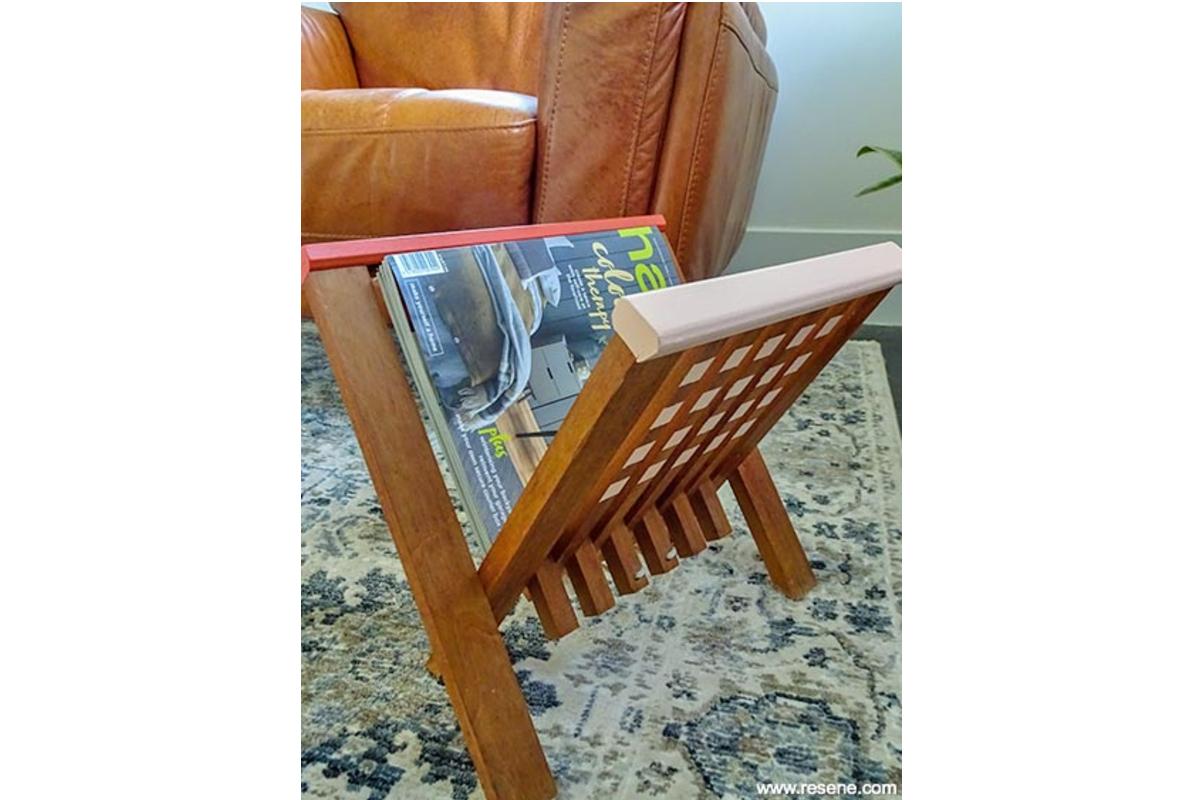
Colleen Hawkes Reporter from Homed
We think this was the best apartment on The Block NZ: Firehouse in Kingsland. Stacy and Adam did a stellar job, and now it is going to auction for a second time, on July 28. 2021. Great character apartment, great location.
10 replies (Members only)
Hi there!
Here at Trade Me we're chuffed to let you know we’ve launched our Kindness Store again for winter, supporting KidsCan and the great work they do making sure our tamariki have a fair start – after all, little Kiwis can’t learn when they’re hungry, wet, and cold.
We’ve… View moreHi there!
Here at Trade Me we're chuffed to let you know we’ve launched our Kindness Store again for winter, supporting KidsCan and the great work they do making sure our tamariki have a fair start – after all, little Kiwis can’t learn when they’re hungry, wet, and cold.
We’ve stocked the store with all the essentials. Think fleece-lined rain coats and shoes to keep kids warm and dry, and warm, healthy food.
Just pick, click, and give now – we take care of the rest, making sure your purchase gets to KidsCan.
Learn more
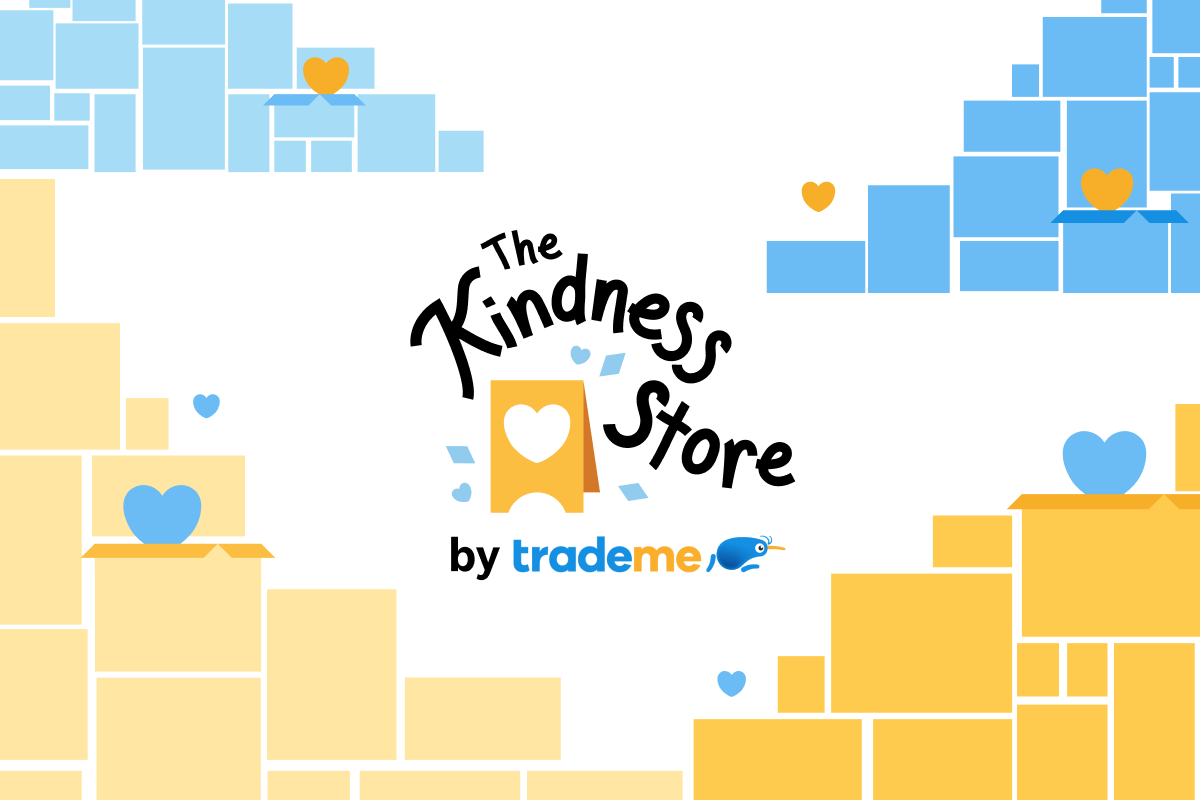
Are you renting? Recent changes to the Residential Tenancies Act (RTA) make it easier for tenants to make minor changes to the rental property and improves the security of tenure. 🖼️🏠🔑
See the full list of changes, including a template for requesting to make a change to the property, on… View moreAre you renting? Recent changes to the Residential Tenancies Act (RTA) make it easier for tenants to make minor changes to the rental property and improves the security of tenure. 🖼️🏠🔑
See the full list of changes, including a template for requesting to make a change to the property, on the Tenancy Services website 👉bit.ly...
You can also read our story about the recent changes - and more - in our latest edition of the SuperSeniors newsletter 👉 bit.ly...

Robert Anderson from Curtain Clean Rotorua
Brace yourself. Severe weather is on its way for parts of the country and experts predict at least two days of icy temperatures, howling gales and torrential rain. Get the temperature up while keeping your power use down.
Our energy-saving tips will help reduce your overall electricity … View moreBrace yourself. Severe weather is on its way for parts of the country and experts predict at least two days of icy temperatures, howling gales and torrential rain. Get the temperature up while keeping your power use down.
Our energy-saving tips will help reduce your overall electricity consumption, meaning you won’t feel guilty for having a toasty home.
1. Don’t fear the electric blanket: they cost little to run (just over $10 per winter if used every night), especially compared to electric heaters. But only sleep with it on if it has a delay timer that can switch it off after a few hours. And it’s important not to neglect heating your bedroom – the World Health Organization recommends keeping bedrooms at 16°C.
2. Break out the crock pot: running a slow cooker all day uses a third of the electricity compared with cooking a roast in an electric oven for two hours.
3. Check your heat pump filter: it needs vacuuming every three months. The good news is it’s easy – just slide the cover off the front of your heat pump, lift out the filter and hoover away. If you haven’t cleaned it all year, you’ll immediately notice the difference. You don’t need to pay for a pricey heat pump service to get this sussed.
4. Clean your clothes dryer’s lint filter: don’t put your vacuum cleaner away just yet. Remove your clothes dryer’s lint filter, then give it a lux as well. This can significantly improve your dryer’s energy efficiency, thereby reducing its running costs.
5. Draught-proof your home: are your door hinges loose or your window latches rattly? Grab a screwdriver and tighten them up. This reduces the chance of nasty draughts blowing through your home. If that doesn’t work, buy some vinyl strips that adhere to the insides of the window frames to achieve a better seal between the window and the frame.
6. Cheapo double-glazing: you don’t have to be made of money to improve the heat retention of your windows - DIY window film, which fits across your frame and sits a little off the pane, can cost less than $10 per pane. You simply fit it to the frame to create an insulating layer of air between your room and the cold glass. Alternatively, taping bubble wrap to the window frames will achieve the same effect.
7. Light smarter: switch from your old incandescent, halogen or compact fluorescent (CFL) bulbs to LEDs. They use far less energy and last much longer.
8. Check your power deal: visit Powerswitch.org.nz to see if you could be getting a better deal for power elsewhere. If you’re on a spot-based tariff, consider switching for the winter to avoid the high spot prices currently experienced on cold winter evenings.
9. Shower smarter: grab a 10L bucket, chuck it under your shower and start timing. If it fills in less than a minute, your showerhead is a water-waster. You can snag a low-flow, energy-efficient showerhead for less than $100.
10. Revisit your childhood with a wheat bag or hot water bottle: it costs next to nothing to fill a hot water bottle or heat a wheat bag, and they’re a great way to keep the bed warm in a pinch.

The Team from Age Concern New Zealand
If you have safety concerns for yourself, or an older friend or family member you can call us for free and confidential advice and support.
There are many reasons why elder abuse occurs. It often stems from attitudes that are ageist, and disrespectful of older people.
The majority of cases … View moreIf you have safety concerns for yourself, or an older friend or family member you can call us for free and confidential advice and support.
There are many reasons why elder abuse occurs. It often stems from attitudes that are ageist, and disrespectful of older people.
The majority of cases that Age Concerns work with involves older people living in their own homes. In most instances it is family members like adult children who perpetrate elder abuse or neglect.
Call 0800 65 2 105 to contact your nearest Age Concern

132 replies (Members only)
Robert Anderson from Curtain Clean Rotorua
Take on the terracotta trend and sculpt a unique floral feature.
You will need:
- Modelling clay (air-drying or baking)
- Rolling pin
… View moreTake on the terracotta trend and sculpt a unique floral feature.
You will need:
- Modelling clay (air-drying or baking)
- Rolling pin
- Knife
- Straw
- Fine sandpaper
- Test pot brush
- Paint test pots (we like Resene Sakura & Resene Apple Blossom)
- Resene FX Paint Effects Medium
- Small sponge
- Cord to hang
Step one: Start by rolling out your clay about 7mm thick (A). It’s important to work on a clean, non-stick surface.
Step two: Use a knife to cut a rectangle as long as you want the main shape to be, then cut a square roughly twice the width of the rectangle and two-thirds the height (B). No matter what shape you’re making, the top piece must be wider to form a dome or pocket. The backing piece always needs to be taller and have enough height to support your flora and allow for a hole.
Step three: If using air-drying clay, dip your fingers in water and wet the edges of the clay slightly – baking clay does not require any water to seal together. Take the smaller, wider square piece and make an arc over the backing piece, bringing the sides together (C). Press the sides down so the clay bonds together, then do the same along the bottom (D), making sure you still have a curved opening at the top.
Keep reading: www.curtainclean.co.nz...
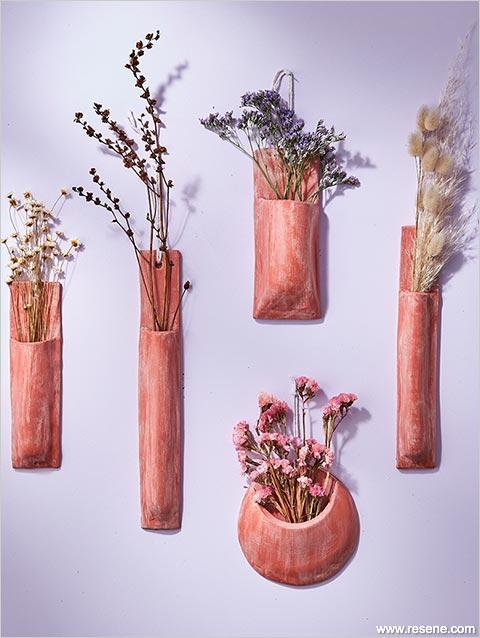
Robert Anderson from Curtain Clean Rotorua
Rainy days are the one thing parents do not need during the holidays, but they happen. We have great ideas for free or low cost rainy day activities when the kids must play indoors.
In a perfect world, every school holiday would be filled with blue skies and sunny days, but unfortunately … View moreRainy days are the one thing parents do not need during the holidays, but they happen. We have great ideas for free or low cost rainy day activities when the kids must play indoors.
In a perfect world, every school holiday would be filled with blue skies and sunny days, but unfortunately that’s not always the case – especially during Winter! It’s a good idea to have some inside activities up your sleeve for those ‘stuck indoors’ times. We’ve put together our favourite rainy day ideas for you to have on hand, just in case.
Let’s Get Physical: Just because you’re stuck inside, doesn’t mean the kids have to blob out and do nothing. In fact if one rainy day rolls into the next, they’ll be itching to move about and use up some energy. Try some of these ideas to get active while you’re stuck indoors:
•Make your own Ten Pin bowling alley by using plastic soft drink bottles and a rubber ball. Put a cup of sand or gravel in the bottom of each bottle to give them a bit of weight, and then arrange the ‘pins’ into a triangle shape at the end of the hallway. Children stand at the other end of the hall and take turns to bowl.Use your Ten Pin alley to fill in half an hour here and there, or arrange a whole tournament to take place amongst your children and their friends.
• Create an obstacle course that traipses through the whole house. I know it sounds like a nightmare to clean up, but it will keep the kids occupied for ages. Not only do they get to create the course, they then get to do it over and over. They can time each other to see who can do it the fastest, or experiment running the course backwards, blindfolded, or with their hands behind their backs. You’ll need to make sure the course is safe, so check it out before they launch into their races.
• Dancing is a great way to burn off some energy, so turn on some music and start moving that body. If you have a house full of kids, you could play musical games like statues or musical chairs.
Create your own Board Games: Board games are a great way to while away a few hours, but if your children are tired of the games you have at home, why not get them to make their own. Give them a large sheet of poster card, some felt pens, old magazines, scissors and glue, and let them go to it.
They’ll need to create their own rules, cards, counters and dice, and trust me – you’ll be amazed by what they come up with. The whole family can take turns playing each other’s games.
Keep reading: www.curtainclean.co.nz...
Mei Leng Wong Reporter from NZ Gardener & Get Growing
NZ Gardener is again looking for greenfingered good sorts – individuals or groups who have used gardening skills to help other people. Five finalists will feature in the October magazine and one will go on to become 2021 Gardener of the Year! There are some amazing prizes up for grabs so if you … View moreNZ Gardener is again looking for greenfingered good sorts – individuals or groups who have used gardening skills to help other people. Five finalists will feature in the October magazine and one will go on to become 2021 Gardener of the Year! There are some amazing prizes up for grabs so if you know a homegrown hero who is using their gardening skills for good, nominate them now!
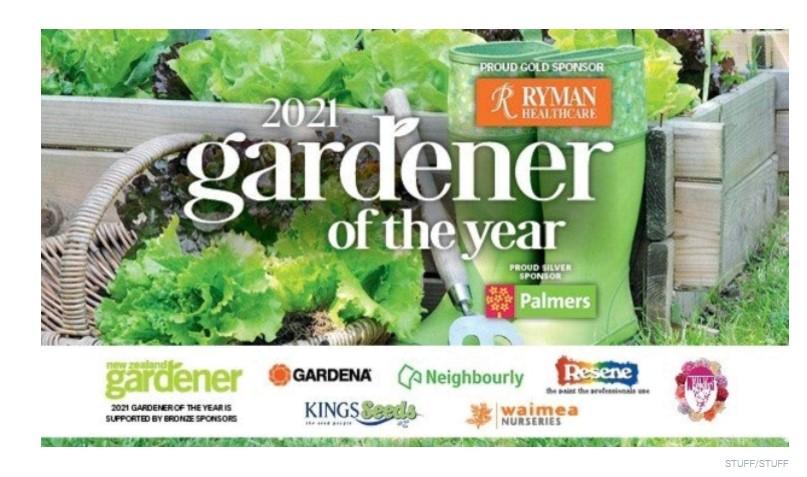
Who vs. Whom? If you can replace the word with “he”’ or “’she,” use who. If you can replace it with “him” or “her,” use whom.

 Loading…
Loading…
Are you sure? Deleting this message permanently removes it from the Neighbourly website.
 Loading…
Loading…
© Neighbourly 2026
